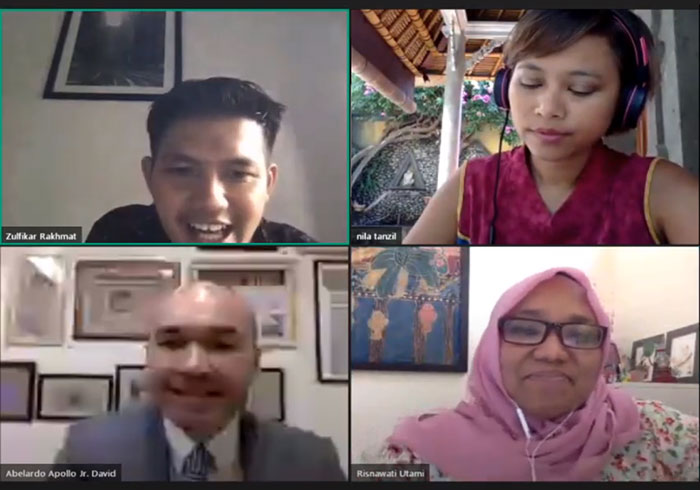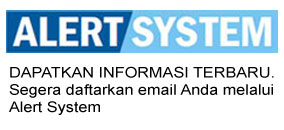Edisi Minggu ke 28: Selasa 14 Juli 2020
Reportase Webinar How COVID-19 Burdened Equity in Education and Health for Special Need Children
CoP for Health Equity

Pandemi COVID-19 telah menyebabkan penghentian sistem pembelajaran tatap muka pada mayoritas sekolah dan universitas di Indonesia. Perubahan sistem pembelajaran menjadi metode digital dan daring menimbulkan beberapa permasalahan bagi banyak pelajar. Namun perubahan metode pembelajaran ini memiliki dampak yang jauh lebih besar bagi para penyandang disabilitas. Webinar yang diadakan pada 16 Juli 2020 mengundang tiga panelis, diantaranya Risna Utami, Nila Tanzil, dan Abelardo Apollo Ilagan David, Jr. untuk membahas mengenai kesetaraan pendidikan bagi anak berkebutuhan khusus selama dan setelah pandemi COVID-19. Webinar ini dimoderatori oleh Muhammad Zulfikar Rakhmat.
Selengkapnya
Pengobatan Simptomatik untuk Health Inequity :
Meningkatkan Kesadaran akan Bias Implisit pada Pelayanan Kesehatan
CoP for Health Equity

“Health equity” atau pemerataan dalam kesehatan berarti idealnya, setiap orang harus mendapatkan kesempatan yang adil untuk mencapai potensi kesehatan penuh mereka dan tidak seorang pun boleh dibedakan dalam mencapai potensi ini.1 Atas dasar definisi ini, tidak boleh ada pasien yang patut menerima standar perawatan kesehatan yang lebih rendah karena “structural inequality” atau ketidakadilan struktural yang meliputi faktor sosial ekonomi, kelas, tingkat pendidikan, ras, jenis kelamin, orientasi seksual, dan dimensi-dimensi lain yang melekat pada individu dan kelompok.
Selengkapnya
Pengalaman Pasien Menunjukkan Sedikit Hubungan dengan Strategi Manajemen Kualitas Rumah Sakit

Pengalaman yang dilaporkan pasien semakin sering digunakan untuk secara rutin memantau kualitas perawatan. Dengan meningkatnya perhatian pada langkah – langkah tersebut, manajer rumah sakit mencari cara untuk secara sistematis meningkatkan pengalaman pasien di seluruh departemen rumah sakit, khususnya dimana hasil digunakan untuk pelaporan publik atau penggantian biaya. Namun, saat ini tidak jelas apakah rumah sakit dengan sistem manajemen kualitas yang lebih matang atau fokus yang lebih kuat pada keterlibatan pasien dan strategi perawatan yang berpusat pada pasien berkinerja lebih baik pada pengalaman yang dilaporkan pasien. Peneliti menilai efek dari strategi tersebut pada serangkaian tindakan yang dilaporkan pasien. Artikel ini dipublikasikan di jurnal PLOS One, pada 2015.
Selengkapnya
Webinar How COVID-19 Burdened Equity in Education and Health for Special Need Children
Community of Practice for Health Equity
July 16, 2020
COVID-19 pandemic had caused the closure of majority of schools and universities throughout Indonesia. In order to continue with learning, various technologies had been used as tools to deliver information and knowledge. It is no doubt the effect brought upon by the changes had been felt by all of the people involved, children with disabilities need to face additional challenges that may not be felt by others. Students who are deaf, blind, speech impaired, mental disabilities and others with special needs are unable to use educational technologies as smoothly as their friends without special needs. We rarely see school materials that are built with sign language, subtitles, captions, audio and other format that can ease the learning of such children.
Materi
|













